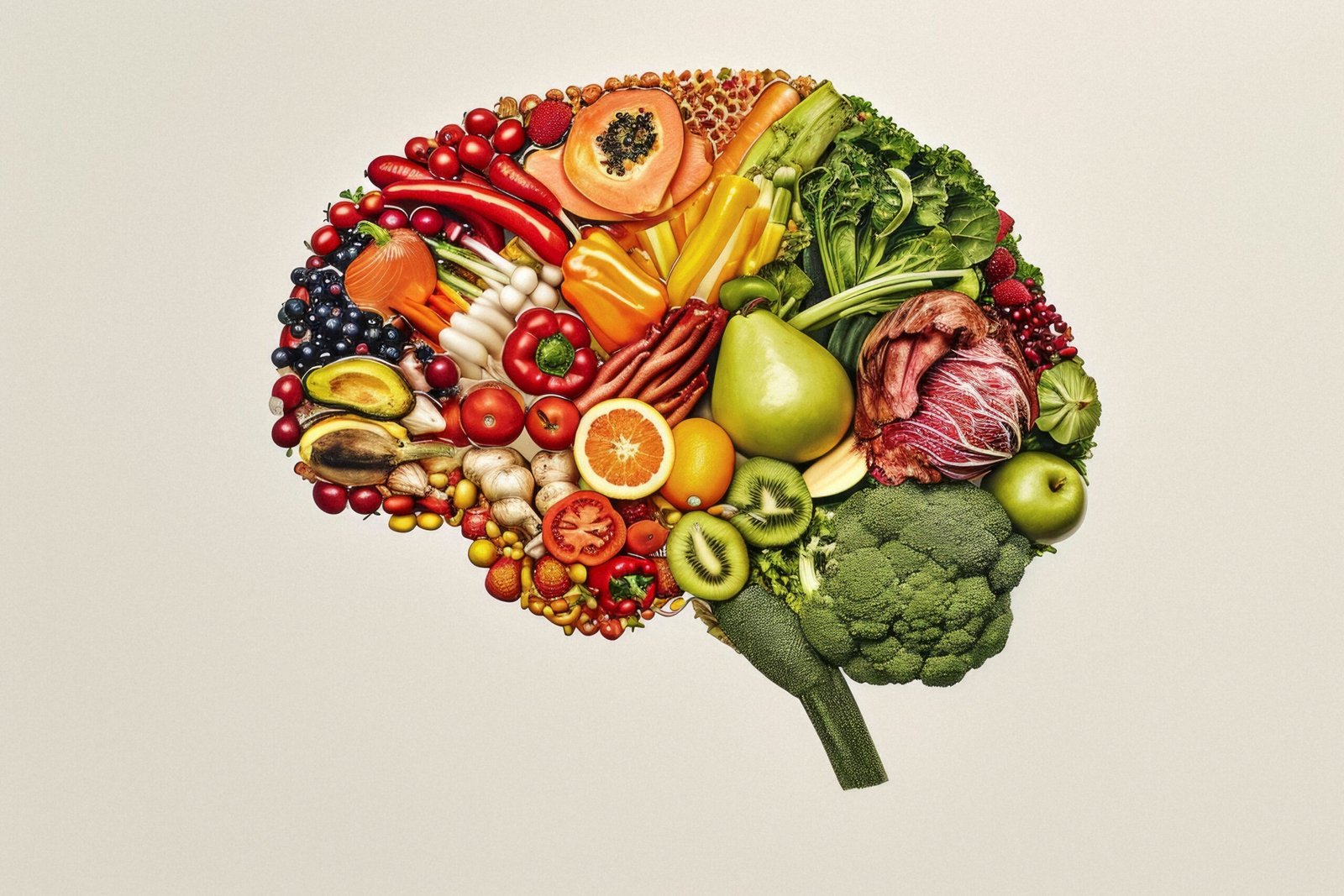We asked nearly 500 parents a question you’ve probably asked yourself silently a dozen times:
“What would you love to change but feel stuck on?”
We didn’t get vague answers. We got precision. Clarity. And a whole lot of emotional honesty.
Parents knew exactly what they wanted — to be more patient, to eat better, to shout less, to create calmer routines, to feel more like themselves again.
But the recurring phrase wasn’t “I don’t know.” It was:
“I just don’t know how to make it happen.”
“I’m stuck.”
“I don’t have the capacity.”
“I start, then fall off.”
This isn’t about a lack of knowledge or care. It’s about something deeper — and far more common. Let’s break it down.
You’re Not Lazy — You’re Overloaded
When we mapped out the responses, a clear theme emerged: parents are not lacking motivation. They are simply operating in systems that drain them too quickly, with no margin to build better habits.
Here’s what they said they feel stuck on:
- Eating more nutritious meals (for themselves and their kids)
- Reacting less — shouting less, snapping less, regretting less
- Having more energy and patience throughout the day
- Breaking chaotic routines, especially around mornings and bedtimes
- Getting their own wellbeing back on the radar
All of these desires have something in common: they’re reasonable. These aren’t aspirational pipe dreams. They’re basic emotional needs.
And yet, almost all of them remain out of reach.
Why?
Because most parents are running on empty — mentally, emotionally, nutritionally. You can’t cook a meal from scratch, stay regulated during a tantrum, or prep a plant-based lunchbox when you’re already at the edge before 9am.
This Isn’t a Willpower Problem — It’s a Bandwidth Problem
The parents we heard from were clear. The goals weren’t the issue. The follow-through was.
That disconnect shows up in small daily ways:
- Reaching for the easiest food, not the most nourishing one
- Starting a new routine and giving up two days later
- Planning to go to bed early, then scrolling just to get some time alone
- Promising yourself “tomorrow will be calmer,” only to fall back into reactivity
None of these behaviours are flaws. They are symptoms of burnout. They’re what happen when we’re living without margin — physically, emotionally, and cognitively.
And no amount of good advice can stick if you don’t have the reserves to act on it.
Why Food Is One of the First Things to Reclaim
Interestingly, the most common answer to “What do you feel stuck on?” was food. Cooking better. Feeding the kids better. Eating better yourself. Making the “right” choice when your brain just wants relief.
Parents said they knew what they wanted to do — but didn’t have the time, energy, or mental space to make it happen.
Here’s where this matters: food is not just fuel. It’s capacity.
What you eat can directly affect:
- Mood regulation
- Blood sugar balance
- Inflammation
- Brain fog
- Emotional reactivity
- Sleep quality
- Gut-brain signalling
- Parenting presence and patience
This is especially true with fibre and plant diversity — two of the most chronically under-consumed nutrients in modern family life.
When parents say they want to stop snapping, feel more in control, or start showing up differently — it starts with biological support, not just better intentions.
Conclusion: If You Feel Stuck, You’re Already Trying
Here’s the most important truth from this question: You’re not stuck because you’re lazy. You’re stuck because you’re depleted.
The parents in this survey weren’t unclear about what they wanted.
They were just unable to carry it out in the lives they’re currently trying to survive.
So if you’ve been wondering why it’s so hard to start eating better, sleeping better, or parenting more calmly — it’s not that you’re broken.
You’re just out of bandwidth. And you need your next step to give back more than it takes.
The fix isn’t more hustle. It’s more support.
Start small. Start with food that actually fuels you. Start with the understanding that stuck doesn’t mean standing still — it means you’re pressing up against your limits.
And that means you’re on the edge of change.





